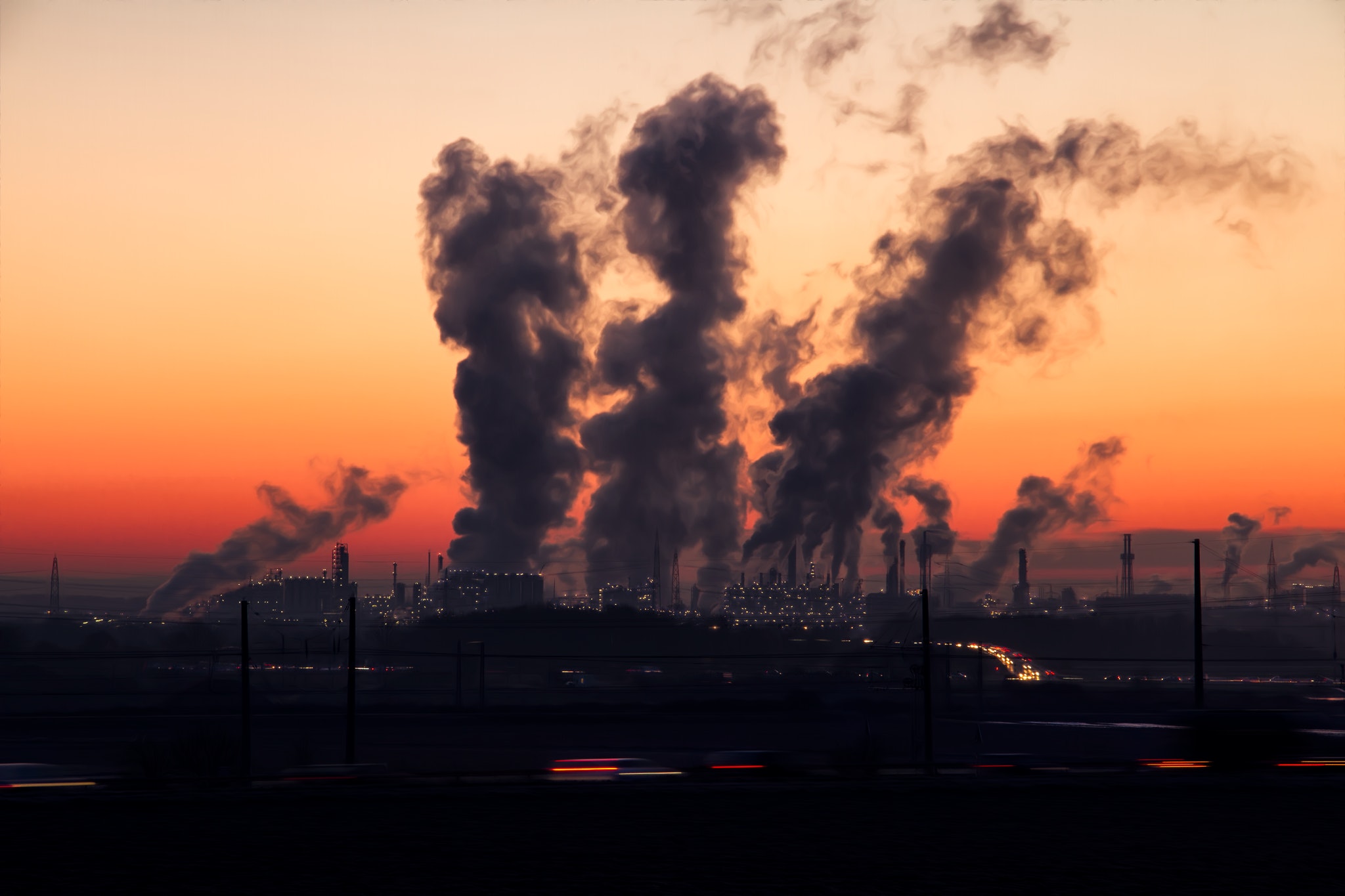Rebecca Papp, MSc Student, applies the ideas of environmental racism to show how the events of 2020 have deep roots in our unequal society.
So far, 2020 has been like a mirror that evoked injustices of the society in the 21st century. The fear of coronavirus as well as the killing of George Floyd drew attention to long-lasting but neglected issues of the Western society: institutional racism and inequality.
The brutality of killing George Floyd has not just outraged, but also moved the emotions of people who do not know what is it like to be discriminated on a daily basis because of their skin colour. It started a movement that we can only hope will lead to change in the future.
In addition, the fear of coronavirus was gradually approaching through media reports, until it became our reality. It grew into a new way of life, that we are slowly getting used to without even worrying about our problems from before. The fear for ourselves and for our loved ones however, also reflected the selfishness of humanity, and the empty supermarket shelves revealed a new kind of desperation and panic. People realized that a virus without cure can affect equally everyone. But is that really the case?
Environmental racism explains why it is not. It has been already reported that people of colour are more likely to be a part of the most vulnerable groups (Booth and Barr 2020). This means that they are also more exposed to COVID-19 as well. Environmental racism means the unequal distribution of the benefits (resources for instance) as well as, the harms (disease, floods, bad air quality etc.) of the living environment (Dobson 1998). This means that, the wealthy gets more benefits and less harms, and the other way around. One of the harms clearly includes the risk of COVID-19, which means that if people of colour are more likely to be exposed, it also means that they are also more likely to belong to the less wealthy parts of society.
Therefore, the killing of George Floyd and COVID-19 does not only show how people of colour are exposed to injustice in many ways (Losavio 2020), but they also show that social injustice exists in the form of institutionalised racism, which is also visible by environmental racism and unequally distributed health security.

Rebecca Papp is a student on the MSc in International Relations student at Canterbury Christ Church University. She also holds a BSc in International Relations from CCCU. Her dissertation examines the limits of neoliberalism in the context of environmentalism and sustainable development discourse.
 Politics
Politics Laura Cashman
Laura Cashman 1483
1483


